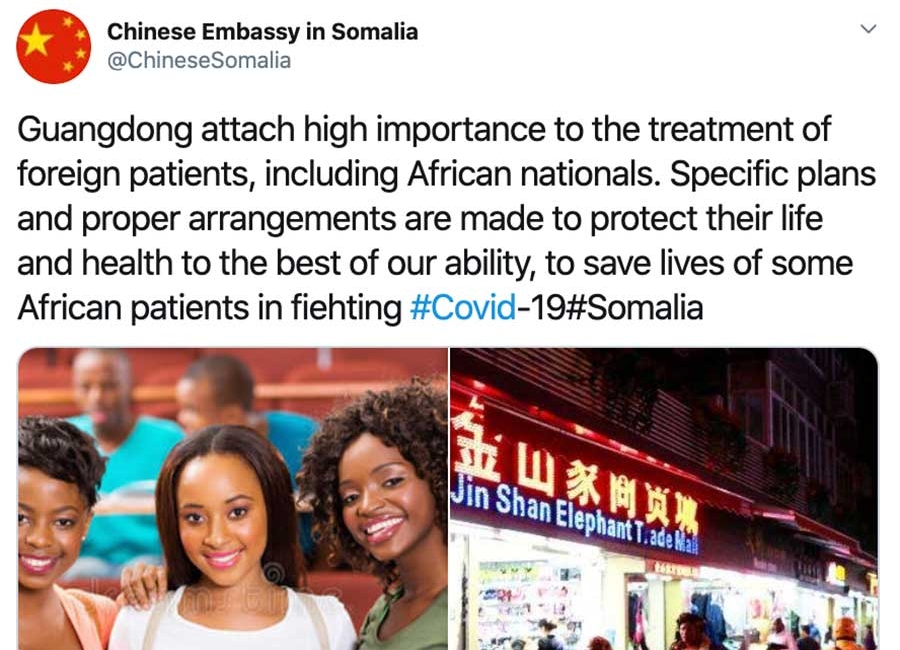For the most part, the Chinese government has been very effective in persuading African political leaders about its version of what happened recently in Guangzhou. Contrary to widely held public perceptions in Africa, fueled in part by provocative videos that purportedly show Chinese mistreatment and abuse of Africans, Chinese officials contend that this was all just a big misunderstanding. The Chinese, according to officials, do not tolerate discrimination and treat everyone, foreigners, and Chinese nationals alike, the same. Instead, what happened in Guangzhou, they explain, had more to do with poor communication by local authorities who were zealously enforcing COVID-19 health restrictions as part of a larger effort to stem a resurgence of the deadly virus in Guandong province.
While that may have been acceptable reasoning for African ambassadors in Beijing and their foreign ministers back home, African publics remain wholly unpersuaded. In fact, if anything, their views in the several weeks since the height of the Guangzhou crisis have hardened further as more videos, photos and accounts of mistreatment fill their social media feeds.

